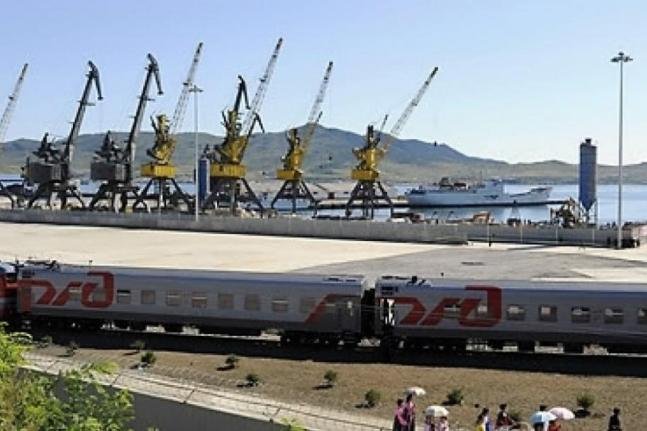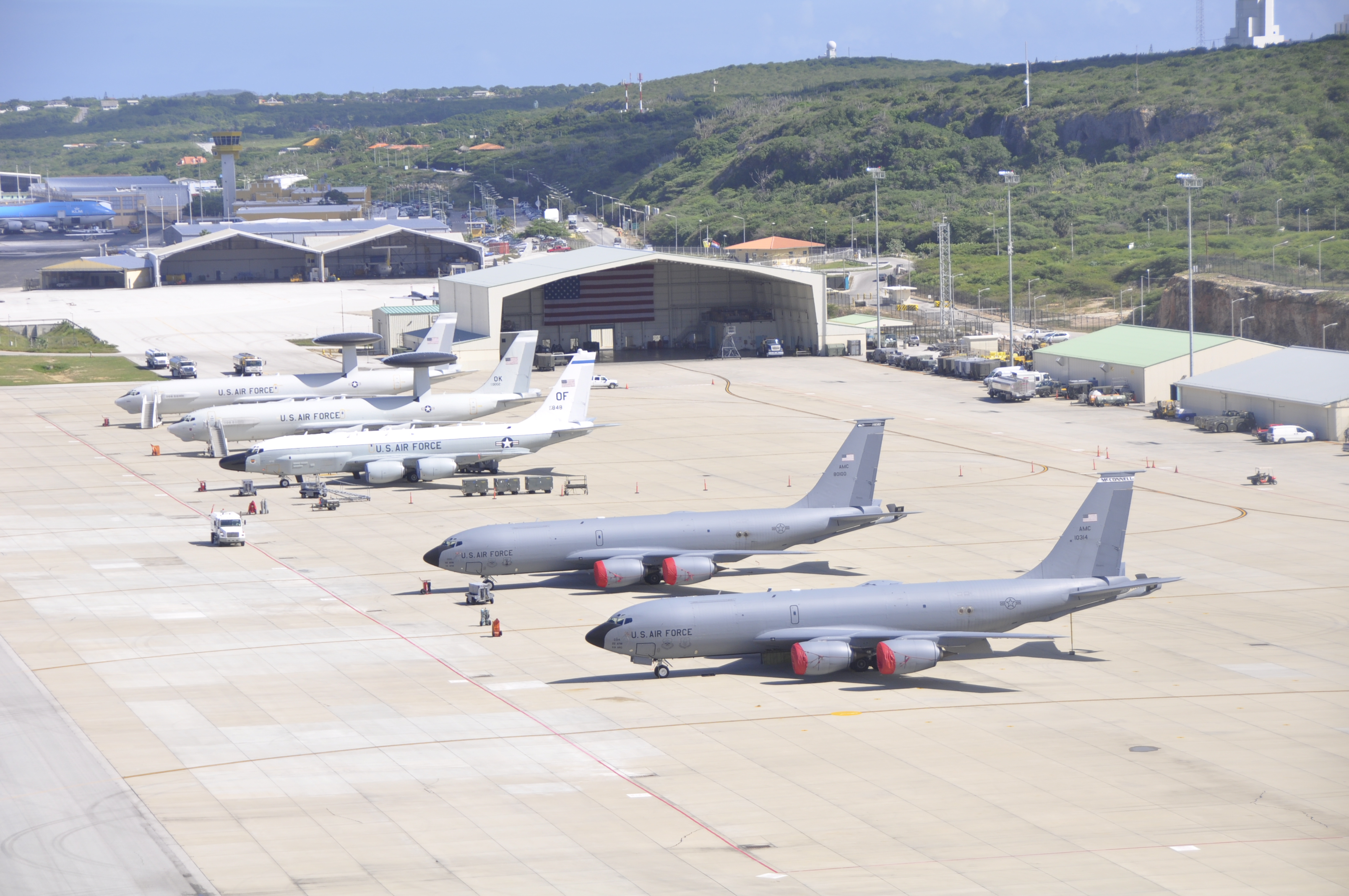Primer:

In part from Reuters: “My friend President Xi said that he would stop the sale of fentanyl to the United States – this never happened and many Americans continue to die,” Trump said in a tweet.
“We’re losing thousands of people to fentanyl,” he later told reporters.
The Chinese embassy did not immediately respond to a request for comment.
Fentanyl is an opioid painkiller 50 times more potent than heroin, and has a central role in the devastating U.S. opioid crisis. In the United States, fentanyl and all of its analogues are controlled substances subject to strict regulation.
More than 28,000 synthetic opioid-related overdose deaths, mostly from fentanyl related substances, were recorded in 2017, according to the U.S. Centers for Disease Control and Prevention.

Added from Bloomberg:
China has become the world’s largest supplier of active pharmaceutical ingredients, or API, providing key components to drugmakers worldwide. But a yearlong recall of tainted heart drugs taken by millions of Americans is prompting U.S. national security officials to ask whether China’s growing role in the pharmaceutical supply chain could pose a threat to the health of military personnel.
“The national security risks of increased Chinese dominance of the global API market cannot be overstated,” Christopher Priest, the acting deputy assistant director for health care operations and Tricare for the Defense Health Agency, told a U.S.-China advisory panel last week in Washington.
The Defense Health Agency manages much of the health care of military members, including prescription drugs.
Concerns about the safety and efficacy of Chinese-made drugs are rising at a time of heightened trade tensions between Washington and Beijing. Last week, Trump unveiled plans for new tariffs on Chinese goods; China plans to halt imports of U.S. crops in response. The yuan sank on Monday against the dollar.
The National Security Council is looking into Chinese drug manufacturing and trying to identify the most at-risk medications, Priest told the U.S.-China Economic and Security Review Commission in Washington, without elaborating. The National Security Council declined to comment.
The Defense Health Agency is supposed to use drugs that comply with the Trade Agreements Act, a 1979 law that requires many federal purchases to be made in the U.S. or another compliant country. China isn’t on the approved list, but the agency has waivers for almost 150 drugs they otherwise wouldn’t be able to procure, Priest said. The TAA covers only finished products, not their components.
Many drugs taken by military members and civilians have active ingredients made in China. While drugmakers typically don’t disclose where every molecule in a pill comes from, the recall of contaminated blood-pressure drugs has shown that many of their active components originated in Chinese factories.
Rocket Fuel
Larry Wortzel, a member of the U.S.-China commission and a military retiree, said four of his blood-pressure medications were recalled in three months. Wortzel’s pills, versions of a drug called valsartan, were manufactured in India but had active ingredients from China.
“They were contaminated with rocket fuel,” Wortzel said. “I imagine active people have the same problem. This affects the readiness of our troops.”
The recalled valsartan contained a probable carcinogen known as NDMA, a manufacturing byproduct once used to make rocket fuel and also found in grilled and cured meats.
Priest called the recalls “a never-ending saga” and a “wake-up call.”
The recalls began in July 2018 with valsartan made by China’s Zhejiang Huahai Pharmaceutical Co. The U.S. Food and Drug Administration has largely blamed the company’s manufacturing process for creating the NDMA, which went undetected for as long as four years. Drugmakers in other countries who used similar processes have also had to recall blood-pressure pills.
Some valsartan purchased by the Defense Logistics Agency and later recalled was TAA-compliant, said Patrick Mackin, a spokesman for the DLA. The agency manages the supply chain for the U.S. military, including ensuring pharmaceuticals make their way to military treatment facilities. With valsartan in shortage, according to the FDA, the agency sought a TAA waiver for valsartan on July 15, Mackin said.
A Bloomberg investigation this year detailed doubts among U.S. health officials about the data generic-drug companies, including Zhejiang Huahai and others involved in the valsartan recalls, use to prove their products are safe and effective.
“We wouldn’t have our aircraft carriers and nuclear submarines built in China, and for very important medications, we really should look at what it takes to purchase based on value not just price,” Rosemary Gibson, the author of the book “China Rx,” told the commission. “We want cheap, we can buy cheap. But what’s missing from the whole equation is quality.”
Shortage Fears
Quality isn’t the only concern. Shortages could also arise from attempts by the Chinese to cut off supply, particularly amid the U.S.-China trade standoff.
“If China shut the door on exports, our hospitals would cease to function, so this has tremendous urgency,” Gibson said.
Priest said pharmaceutical companies should be compelled, using the buying power of the entire federal government, to maintain the infrastructure to make drugs without relying on countries like China.
The House Energy and Commerce Committee is investigating the FDA’s ability to police foreign manufacturing. The committee’s leaders asked the agency for more information on the valsartan recall in June, including about a dispute between senior officials and an agency inspector who raised red flags at Zhejiang Huahai more than a year before the NDMA was detected. The panel also asked the Government Accountability Office to look at the FDA’s oversight of foreign drug manufacturing.
“Shame on us for not paying attention to something so critical and assuming, which has been the orthodoxy for a long time, that the industry would regulate itself,” Benjamin Shobert, senior associate for international health at The National Bureau of Asian Research, told the commission.





